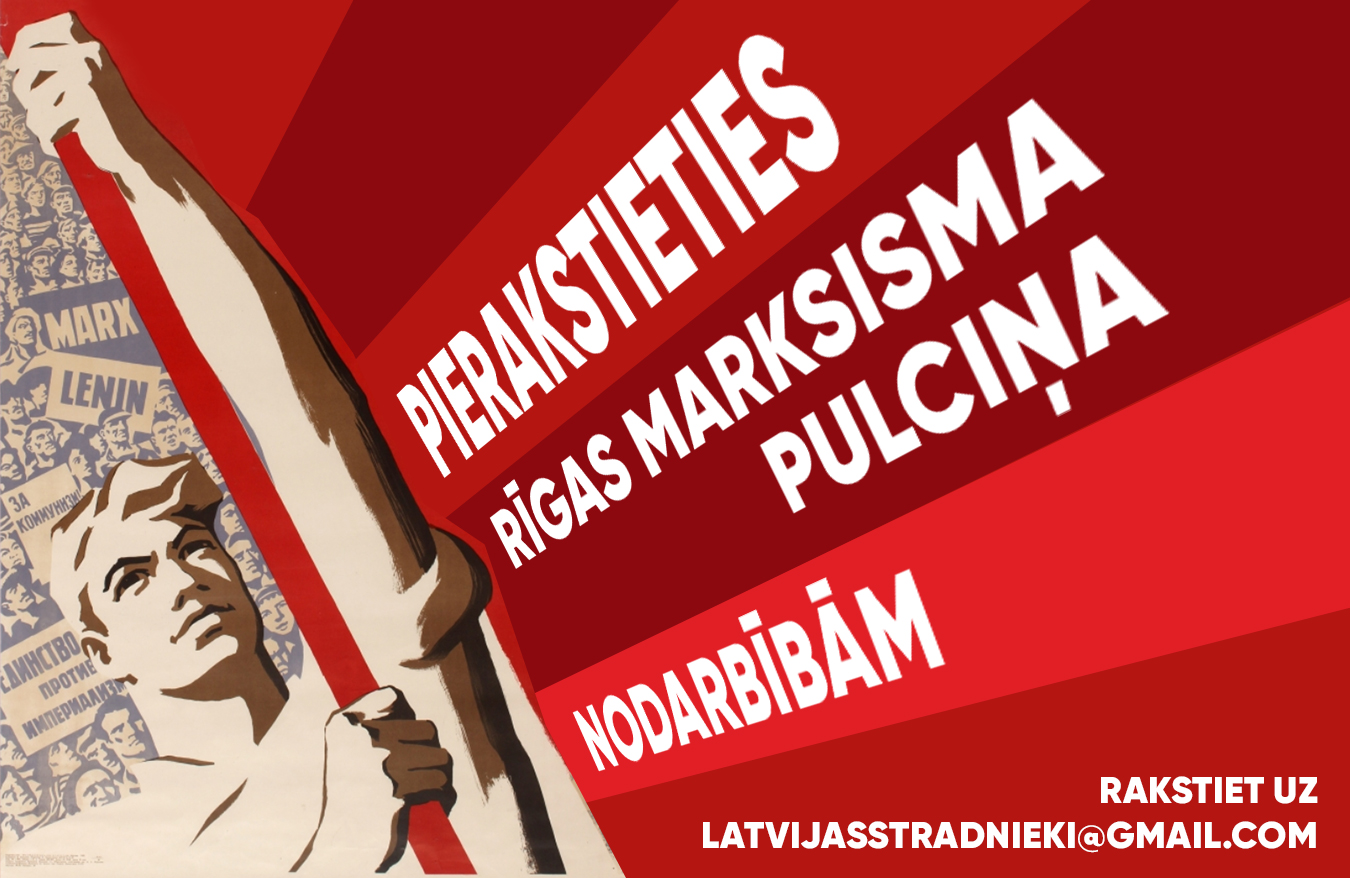The economic crisis is marching briskly across the planet and has no intention of stopping. Latvia’s economy minister said inflation was 20% in July. Inflation is an increase in the price of all goods and services, except for “labor”. That is, the standard of living of workers has fallen by 20% in less than a year and the heating season has not yet begun.
The capitalist mode of production has long ceased to be the engine that moves humanity forward. But the ruling class always has excuses for what is happening. So this time in the US the rise in prices was called “Putin’s tax”, and in Europe – “price of freedom”.
This is the view imposed by the media, which serve the interests of capital. On the contrary, workers and employees in Britain do not think so and use the old tried-and-true way of improving quality of life – collective bargaining with their employers to secure wage increases. The dockers at the port of Felixstowe, on the east coast of the island, demanded that their wages be “increased” by the rate of inflation, which, strictly speaking, is an indexation, not a raise. For after that, the wages would not rise, but only revert to their former purchasing power, which they had been steadily losing throughout the year.
The employer refused to make concessions and 1,900 workers went on strike. The consequences of the strike will affect not only the immediate owners of the company, but also other terminal service companies, which in turn will affect those who are not directly involved in the transportation of goods. As a result of the actions of the workers, the efficient owners will suffer enormous losses and will most likely be forced to accommodate the workers, confirming the long-known fact that the bourgeoisie understands only force. Postal workers, railroad workers in Great Britain, are just as much at odds with dockers. They fight for higher wages and more bearable working conditions as best they can. The harshness of capitalist life taught them this a long time ago. Such economic struggles repeatedly strengthen the unity of the proletariat, show the working man his strength, the strength of the workers’ unity.
From the economic struggle grows the political struggle, the highest form of the class struggle of the proletariat. Then the working class realizes its right to rule the state. But there can be no political struggle without economic struggle. Practice is the criterion of truth, and practice has shown that the economic form of the class struggle cannot be dismissed, no matter how much one might wish it.
